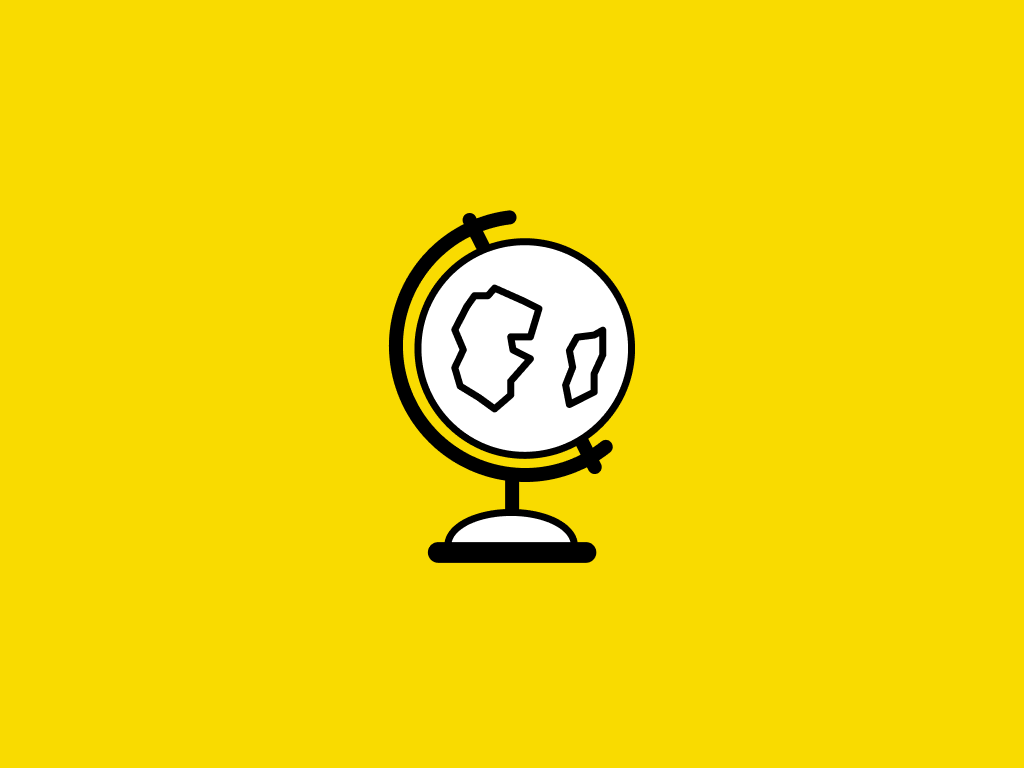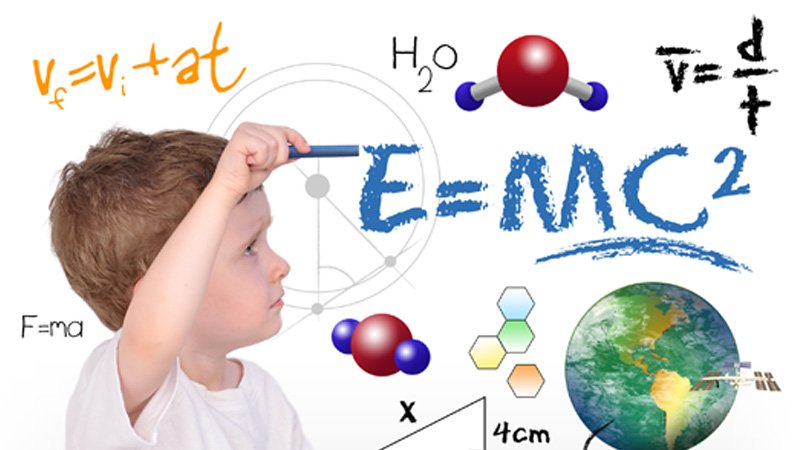
Description
Discrete mathematics forms the mathematical foundation of computer and information science. It is also a fascinating subject in itself.
Learners will become familiar with a broad range of mathematical objects like sets, functions, relations, graphs, that are omnipresent in computer science. Perhaps more importantly, they will reach a certain level of mathematical maturity - being able to understand formal statements and their proofs; coming up with rigorous proofs themselves; and coming up with interesting results.
This course attempts to be rigorous without being overly formal. This means, for every concept we introduce we will show at least one interesting and non-trivial result and give a full proof. However, we will do so without too much formal notation, employing examples and figures whenever possible.
The main topics of this course are (1) sets, functions, relations, (2) enumerative combinatorics, (3) graph theory, (4) network flow and matchings. It does not cover modular arithmetic, algebra, and logic, since these topics have a slightly different flavor and because there are already several courses on Coursera specifically on these topics.
Tags
Syllabus
- Introduction - Basic Objects in Discrete Mathematics
- This module gives the learner a first impression of what discrete mathematics is about, and in which ways its "flavor" differs from other fields of mathematics. It introduces basic objects like sets, relations, functions, which form the foundation of discrete mathematics.
- Partial Orders
- Even without knowing, the learner has seen some orderings in the past. Numbers are ordered by

Discrete Mathematics
-
TypeOnline Courses
-
ProviderCoursera
Learners will become familiar with a broad range of mathematical objects like sets, functions, relations, graphs, that are omnipresent in computer science. Perhaps more importantly, they will reach a certain level of mathematical maturity - being able to understand formal statements and their proofs; coming up with rigorous proofs themselves; and coming up with interesting results.
This course attempts to be rigorous without being overly formal. This means, for every concept we introduce we will show at least one interesting and non-trivial result and give a full proof. However, we will do so without too much formal notation, employing examples and figures whenever possible.
The main topics of this course are (1) sets, functions, relations, (2) enumerative combinatorics, (3) graph theory, (4) network flow and matchings. It does not cover modular arithmetic, algebra, and logic, since these topics have a slightly different flavor and because there are already several courses on Coursera specifically on these topics.
- Introduction - Basic Objects in Discrete Mathematics
- This module gives the learner a first impression of what discrete mathematics is about, and in which ways its "flavor" differs from other fields of mathematics. It introduces basic objects like sets, relations, functions, which form the foundation of discrete mathematics.
- Partial Orders
- Even without knowing, the learner has seen some orderings in the past. Numbers are ordered by
Tags
Related Courses


Probability - The Science of Uncertainty and Data

Algebra: Elementary to Advanced - Functions & Applications

Laplace Transform

Statistics for Business Decisions

Hypothesis Testing: Significance Thresholds

NMTA Middle Grades Mathematics (203): Practice & Study Guide

Common Admission Test (CAT): Study Guide & Test Prep

ICAS Mathematics - Paper I & J: Test Prep & Practice

GACE Mathematics Test I (022) Prep

MTLE Mathematics: Practice & Study Guide


 Online Courses
Online Courses  Coursera
Coursera
